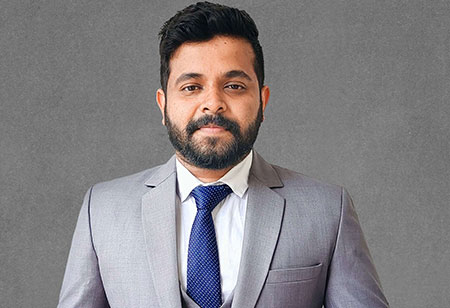
'Skilling' is Everyone's Responsibility


Sujith Vasudevan, Managing Editor, 0
Lowy and his colleague published their technique a few months ago that uncovered more than 95 percent of early pancreatic cancers. The new technique revolves around tapping into the intercellular communication network. They purified extracellular vesicles (EVs) the tiny, bubble like blobs that mediate cell-to-cell communication from the blood of patients with early pancreatic ovarian, and bladder cancers. Subsequently, they performed an analysis of the protein composition of the samples.
Lowry and his team developed a machine learning algorithm to detect a small set of EV proteins by comparing the samples from cancer and control patients. These proteins can be used to detect early-stage pancreatic, ovarian, and bladder cancers. They proclaim that their algorithm successfully detected 95.5 percent of stage 1 pancreatic cancers. The program also diagnosed 73.1 percent of stage 1 ovarian cancers and 43.8 percent of stage 1 bladder cancers. The method is potentially a ‘life changing’ technology for early cancer detection. This issue is dedicated to a bunch of oncologists who give humanity hope.
Lowry and his team developed a machine learning algorithm to detect a small set of EV proteins by comparing the samples from cancer and control patients. These proteins can be used to detect early-stage pancreatic, ovarian, and bladder cancers. They proclaim that their algorithm successfully detected 95.5 percent of stage 1 pancreatic cancers. The program also diagnosed 73.1 percent of stage 1 ovarian cancers and 43.8 percent of stage 1 bladder cancers. The method is potentially a ‘life changing’ technology for early cancer detection. This issue is dedicated to a bunch of oncologists who give humanity hope.